I need to create an endpoint that can receive the following JSON and recognize the objects contained in it:
{
"data": [
{
"start": "A", "end": "B", "distance": 6
},
{
"start": "A", "end": "E", "distance": 4
}
]
}
I created a model to handle a single object:
class GraphBase(BaseModel):
start: str
end: str
distance: int
And with it, I could save it in a database. But now I need to receive a list of objects and save them all. I tried to do something like this:
class GraphList(BaseModel):
data: Dict[str, List[GraphBase]]
@app.post("/dummypath")
async def get_body(data: schemas.GraphList):
return data
But I keep getting this error on FastApi: Error getting request body: Expecting property name enclosed in double quotes: line 1 column 2 (char 1) and this message on the response:
{
"detail": "There was an error parsing the body"
}
I'm new to python and even newer to FastApi, how can I transform that JSON to a list of GraphBaseto save them in my db?

